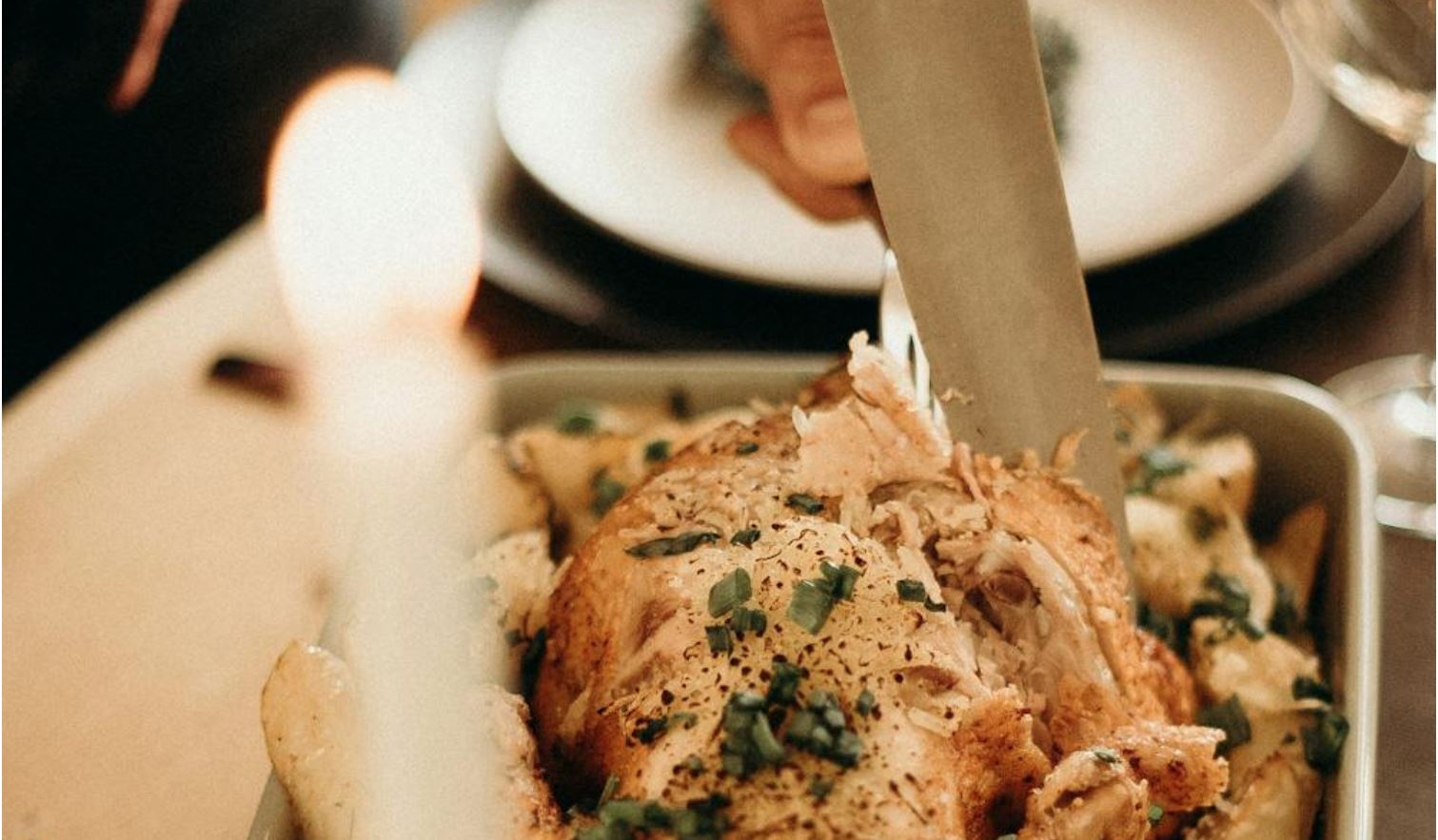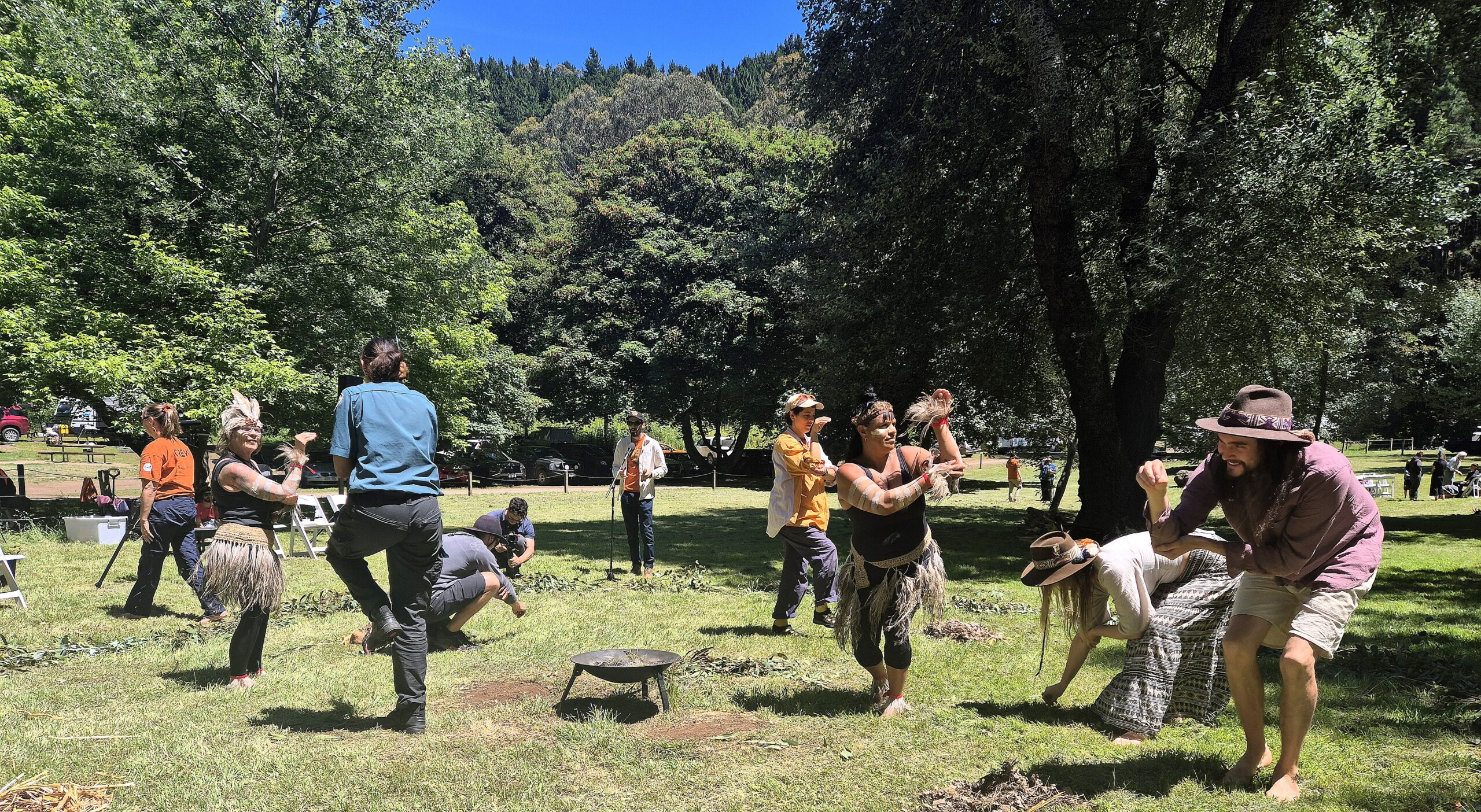April 23rd, 2023A word on keeping pigs

Have you ever thought of keeping a couple of backyard pigs? At first, it would seem there is not much to it.
But no matter how many pigs you have, or whether they are pets or for consumption, all pig owners play a vital role in helping maintain the health and welfare of Australia’s livestock and providing quality pork products to consumers.
There are several legal requirements for pig owners that are monitored by state government and industry authorities.
So why the fuss? Pigs are recognised as ‘high risk’ animals for their role in some exotic disease outbreaks.
Swill feeding pigs is prohibited as it may provide the opportunity for your pigs to be exposed to meat and dairy products from overseas that could contain exotic diseases.
The exotic diseases most likely to be introduced into Australia through illegal swill feeding are Foot and mouth disease (FMD) and African swine fever (ASF).
These are your responsibilities when keeping pigs:
- Register your property – all properties where pigs are kept need to have a property identification code (PIC). Your PIC can be obtained through our website HERE.
- Identify your pigs – you need to identify individual pigs if you sell them or have them processed at an abattoir. Pigs over 25 kilograms must be tattooed with your property’s unique code, and pigs below this weight must be ear tagged.
- Register on the PigPass database – you will need a PigPass National Vendor Declaration (NVD) when you sell your pigs or have them processed at an abattoir. This assists with tracking the movements of livestock in the event of an exotic disease outbreak or a food safety scare. The first step in obtaining a PigPassNVD is to register with the PigPass database. To register, visit www.pigpass.com.au or contact the PigPass help desk on 1800 001 458.
- Be welfare compliant – if you own or have animals on your land, you have a duty of care to look after them. The Model Code of Practice for the Welfare of Animals (Pigs) outlines welfare standards and ‘best practice’ guidelines for pig owners. More information HERE
- Keep your pigs healthy – there are five things you should do to keep your pigs healthy:
- have and adhere to a herd health program
- do not feed restricted feedstuffs (swill)
- report unusual/notifiable diseases
- only use restricted (Schedule 4) veterinary medicines that have been prescribed by a veterinarian for your pigs.
- adhere to all label instructions on non-veterinary chemicals including dose rate and withhold and export slaughter intervals.
A new initiative known as the Pig Biosecurity Project, which is co-funded by the Swine Compensation Fund, is freely available for all small pig producers, and owners of pet pigs and free-range pigs.
Agriculture Victoria staff will attend these farms and assist the pig owner/manager to complete a biosecurity plan.
During the project we will also collect faecal samples for free testing for round worm and whipworm to increase our understanding of parasites in small pig holdings. The program is voluntary for pig owners to participate.
For further advice please contact your local veterinarian or Agriculture Victoria Veterinary or Animal Health Officer, or in NSW your Local Land Services.
Words: Dr Jeff Cave, Senior Veterinary Officer. Image: Suppled










